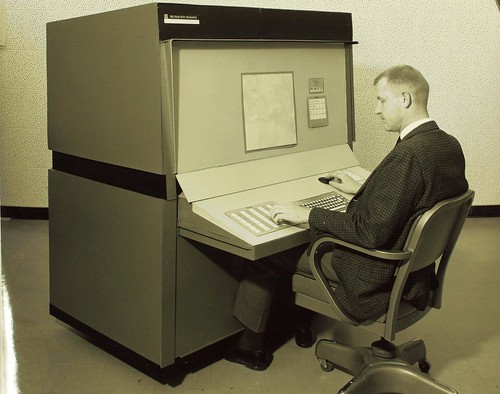We take a lot of pride in the success of Apache OpenOffice (formerly OpenOffice.org, now undergoing incubation at Apache). With over 100 million downloads, and a million more downloads every week, our award-winning, free and open office suite has grown and continues to grow in popularity. But this is not just a popularity contest. An enormous amount of public good comes from our work. We serve users that for-profit vendors often ignore, such as speakers of minority languages, or users in non-lucrative markets. We do this by publishing software, but also by helping users use it, and by encouraging a broader ecosystem of templates and extensions. The Public Service Mission of OpenOffice describes in more detail the public good that our volunteers help create, in their work to support this user-centered ecosystem.
The visible OpenOffice application, and its user-centered ecosystem, gets most of the public notice. This is natural for a product that is used by consumers, in a market of over one billion potential users. But behind the product that consumers see is a product that in many ways is even more important. This is the source code, the computer instructions that put "source" into "open source".
The Apache OpenOffice source code consists of around 7 million lines of code. It is daunting at first, even for experienced programmers. But within this source code lies everything that OpenOffice does today, as well as the seeds of its enormous future potential.
The community and extended ecosystem around this source code consists of:
- Programmers who work directly in the Apache OpenOffice project, doing their primary coding for the project.
- Developers who take the source code from our releases, or our version control system (where we store the code) and make their own products. Sometimes these are ports to other operating platforms. In other cases they are repackaged versions, optimized for specific install scenarios or runtime environments.
- Developers of extensions. Like Apache HTTP Server and their modules,
OpenOffice has a powerful extensibility mechanism. Many
developers can accomplish their tasks without making modifications to
the core product. Our Extensions website features many 3rd party extensions.
- OpenOffice also supports end-user programming via templates and macro. Our Templates and Extensions websites feature this user-contributed content.
So yes, OpenOffice is free. You can download it and use it without charge. You can make copies and give them to your friends. As many copies as you want. But what makes OpenOffice truly open source is that it comes with the source code, which anyone can also download, modify freely and redistribute.
Programmers interested in working with the source code to Apache OpenOffice will find useful information on our website.

